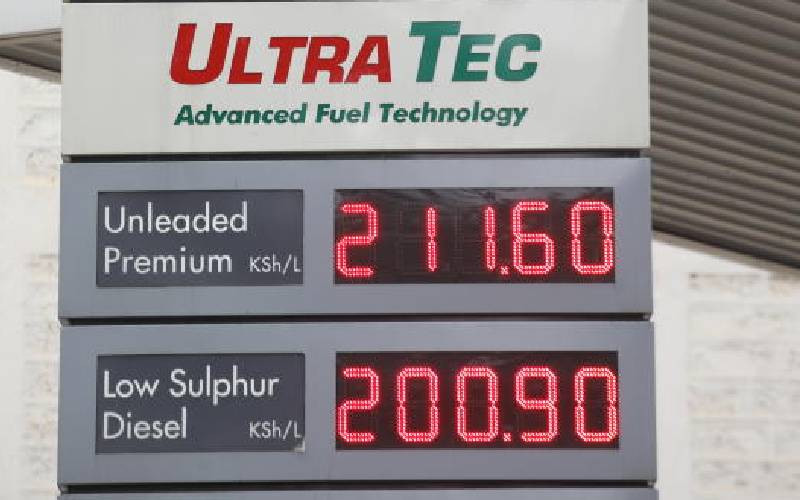×
The Standard e-Paper
Kenya’s Boldest Voice

Kenyans will have to dig deeper into their pockets to purchase basic commodities as inflation is tipped to edge up on Thursday's historic surge of fuel prices.
Families already hammered by a high cost of living face even more pain from the massive blow of soaring fuel prices to record highs from Thursday midnight.